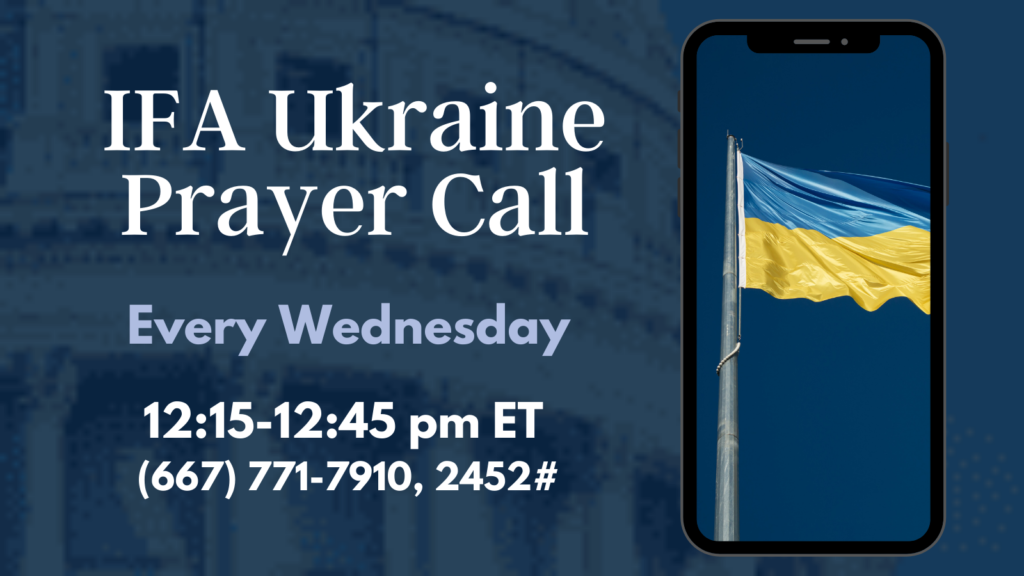How the War in Ukraine Is Harming the Global Supply Chain
Elon Musk Calls for Higher Oil and Gas Production
CDC Director Casts Doubt on Vaccines
Big Pharma Funds Faulty Transgender Research
Global Great Reset Advances at Lightning Speed
How the War in Ukraine Is Harming the Global Supply Chain
This is yet another way the Ukraine crisis is threatening our economy and our citizens.
From Fox Business. A missile struck the MV Banglar Samriddhi at 5:25 p.m. last Wednesday, killing one crew member and leaving several others with serious burns, according to Bangladeshi crew members, their families and Ukrainian authorities. It was the fifth merchant ship to be hit by artillery off Ukraine’s coast since Russia invaded.
The war in Ukraine has severely hobbled shipping in the Black Sea, with broad consequences for international transport and global supply chains. Dozens of cargo ships are stranded at the Ukrainian port of Mykolaiv, shipping trackers said. An estimated 3,500 sailors have been stuck on some 200 ships at Ukrainian ports, according to London-based shipping tracker Windward Ltd. More ships are stranded around the globe than at any point since World War II, maritime historians said.
The result is a shutdown of the world’s second-largest grain exporting region. Ukraine accounts for 16% of global corn exports, and together with Russia, 30% of wheat exports. Global wheat prices have jumped more than 55% since the week before the invasion….
In the Black Sea and the adjoining Sea of Azov, which are important food and oil export routes, five tankers and cargo ships have been struck by missiles, according to Ukrainian port authorities. The stricken vessels include tankers, container ships and bulk carriers from Japan, Turkey, Moldova and Estonia, ferrying cargoes including diesel, clay, and grain.
Ukrainian authorities generally blame Russia, which has amassed a flotilla of warships along Ukraine’s coast. Russia has denied responsibility for the attacks. Russian forces have been targeting missiles at infrastructure in Ukrainian ports—part of a plan to seize Ukraine’s southern coast to cut it off from the sea and suffocate its economy….

Russian forces also have detained two Ukrainian merchant ships, Ukraine’s port authority said.
Ukraine’s paltry fleet is no match for Russia’s naval forces. The Ukrainian navy lost most of its ships when Russia seized its naval headquarters during the 2014 annexation of Crimea. Last week, the navy scuttled its only frigate in Mykolaiv to avoid it being captured by the Russian navy, Ukrainian defense minister Oleksii Reznikov said.
The North Atlantic Treaty Organization warned on Thursday that there is a high risk of collateral damage for any ships in the Black Sea. The International Maritime Organization said on Friday that it would hold an emergency session on March 10 and 11 to address the war’s impact on shipping following requests from numerous governments.
The last NATO naval vessel left the Black Sea about a month before the invasion. Moscow has warned NATO to stay out of waters it claims as its own.
The International Transport Workers’ Federation has declared the waters off Ukraine a “warlike area” and called for further protections for sailors. Advocacy groups for seafarers said many stranded crews are running low on provisions and fuel.
On the first day of the invasion, Ukraine suspended operations at all ports, diverting cargo ships to ports in Turkey, Romania and the former Soviet republic of Georgia, and the Russian Navy blocked transit routes along the coast. Traffic ground to a halt. With few daring to travel in the north part of the Black Sea and the Sea of Azov, global freight rates for tankers surged to highest daily rates in a decade, while insurance premiums in areas affected by the fighting have jumped to as much as 5% since the invasion, shipping companies say. That means an additional cost of hundreds of thousands of dollars per voyage, according to data from Windward.
That is further straining global supply chains for grain, which already had been hurt by two years of pandemic-induced disruptions. Poorer countries that depend on imports could see supply shocks. Authorities are bracing for price spikes in Egypt, Turkey and Syria. Egypt imports 85% of its wheat from Ukraine and Russia….
“The sailors now face a stark choice,” said Munro Anderson, a partner at London maritime-security company Dryad Global. “Stay and risk running out of food and becoming collateral damage, or try to sail to freedom and risk hitting a seaborne mine.”
Share your prayers for the sailors trapped in Ukraine below.
(Excerpt from Fox Business. Photo Credit: Jens Rademacher on Unsplash)
Partner with Us
Intercessors for America is the trusted resource for millions of people across the United States committed to praying for our nation. If you have benefited from IFA's resources and community, please consider joining us as a monthly support partner. As a 501(c)3 organization, it's through your support that all this possible.


We use cookies to ensure that we give you the best experience on our website. If you continue to use this site we will assume that you are happy with it. Privacy Policy




Comments
Love You!
https://youtu.be/F8CfYgx3o7k